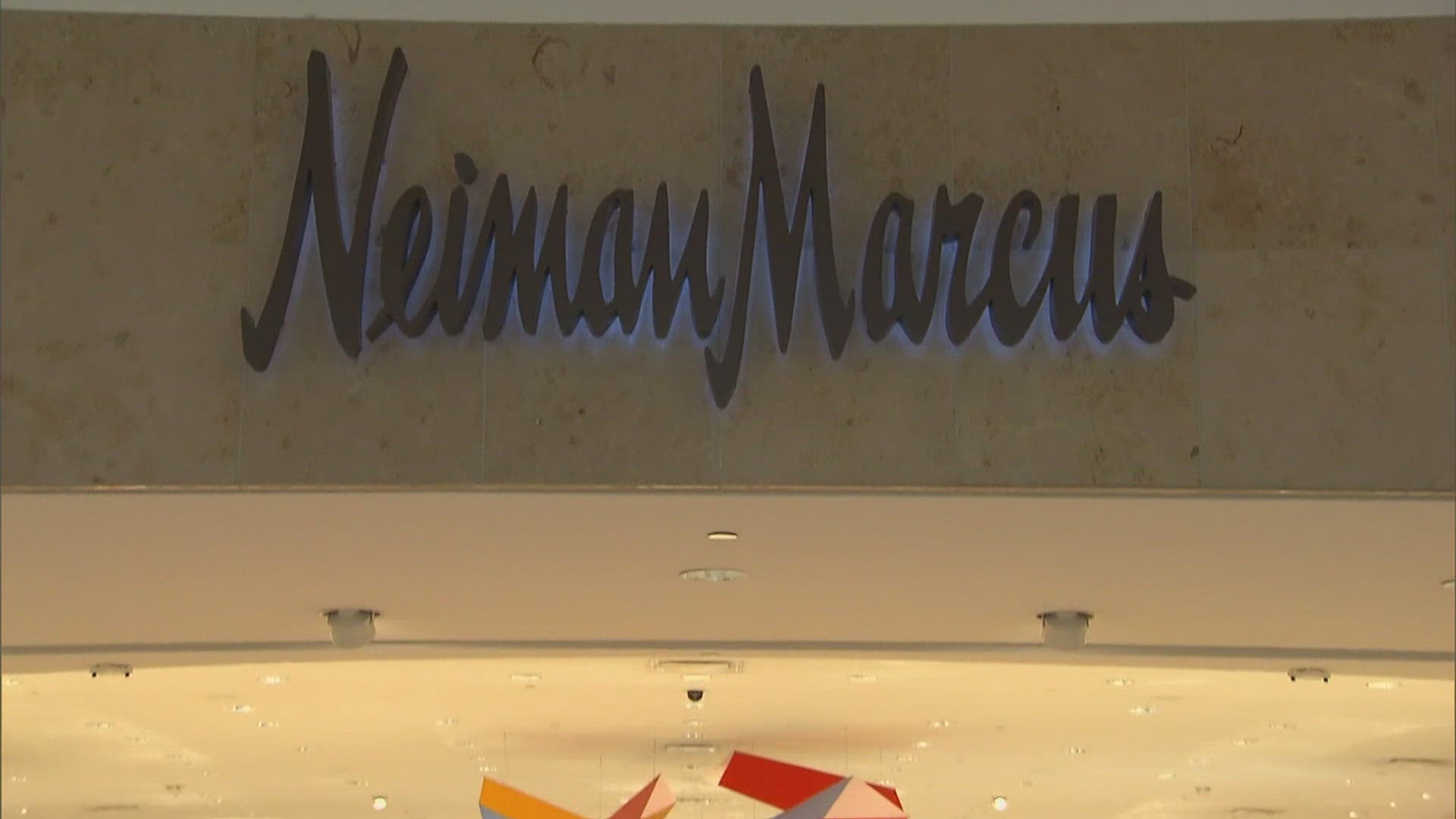DALLAS — Saks Fifth Avenue’s parent company, HBC, has secured a $2.65 billion deal to buy its rival, Dallas-founded Neiman Marcus with help from Amazon.
The luxury department store chains had been negotiating for months and had explored combining over the years, the Wall Street Journal reported.
Amazon and Salesforce would be minority shareholders in the new company, which will be called Saks Global, the Wall Street Journal reported.
Saks Global includes Saks Fifth Avenue, Saks OFF 5TH, Neiman Marcus and Bergdorf Goodman, each of which will continue operations under their respective brands.
The boards of directors of HBC and Neiman Marcus Group approved the deal, which is still subject to regulatory approvals. Until closing, the companies will continue to operate separately.
HBC, which bought Saks in 2013, is financing the deal with $2 billion raised from existing investors, the newspaper reported.
“We're thrilled to take this step in bringing together these iconic luxury names, Saks Fifth Avenue, Neiman Marcus and Bergdorf Goodman,” said Richard Baker, HBC executive chairman and CEO. “For years, many in the industry have anticipated this transaction and the benefits it would drive for customers, partners and employees. This is an exciting time in luxury retail, with technological advancements creating new opportunities to redefine the customer experience, and we look forward to unlocking significant value for our customers, brand partners and employees.”
Marc Metrick of Saks will run the combined company.
“Saks has remained steadfast in our commitment to be at the forefront of luxury fashion, meeting customers not just where they are, but where they are going,” Metrick said. “We have respect and admiration for NMG and the contributions its teams have made in the company’s evolution. Together, with our ongoing focus on innovation, we are primed to drive growth for our brand partners and create career development opportunities for the incredible talent across Saks Global.”
“This announcement is a testament to our team's unwavering commitment to building rewarding customer relationships, driven by our differentiated business model. We believe this is a proactive choice in an evolving retail landscape that will create value for our customers and brand partners," Neiman Marcus Group CEO Geoffrey van Raemdonck said. "Saks Fifth Avenue shares our passion for connecting customers with the world’s best luxury fashion. With our complementary capabilities and a new long-term capital structure, the combined group will position our iconic Neiman Marcus and Bergdorf Goodman brands for continued success.”
Neiman Marcus had previously filed for Chapter 11 bankruptcy protection in 2020 and came out of bankruptcy with less debt and new owners later that year, the Wall Street Journal reported.
Neiman Marcus’ merger with Saks comes as other department stores are also struggling. Lord & Taylor also filed for bankruptcy in 2020 and closed its stores the following year. Macy’s also recently announced it’s closing 150 stores.
Neiman Marcus has 36 department stores, two Bergdorf Goodman stores and five Last Call discount stores. There are 39 Saks Fifth Avenue and 95 Saks Off 5th discount stores.
It’s unclear what the merger means for Neiman’s storied Dallas headquarters.
Neiman Marcus was founded in downtown Dallas in 1907 by Herbert Marcus, Sr., his sister, Carrie Marcus Neiman, and her husband A.L. Neiman.
Eventually, all of Herbert Marcus, Sr.’s sons joined the company: Stanley and Edward in 1926; Herbert, Jr., in 1932; and Lawrence in 1944.
With the passing of Herbert Marcus, Sr. in 1950, the board of directors of Neiman Marcus elected Carrie Neiman, chairman of the board; Stanley Marcus, president and Chief Executive Officer; and Edward Marcus, executive vice president.
Stanley served as president and CEO until 1969 when the company was sold to Carter Hawley Hale Stores, Inc., and he was named Executive Vice President in charge of the specialty store division.
He served as Chairman Emeritus of the company until his death at the age of 96 in January 2002.

